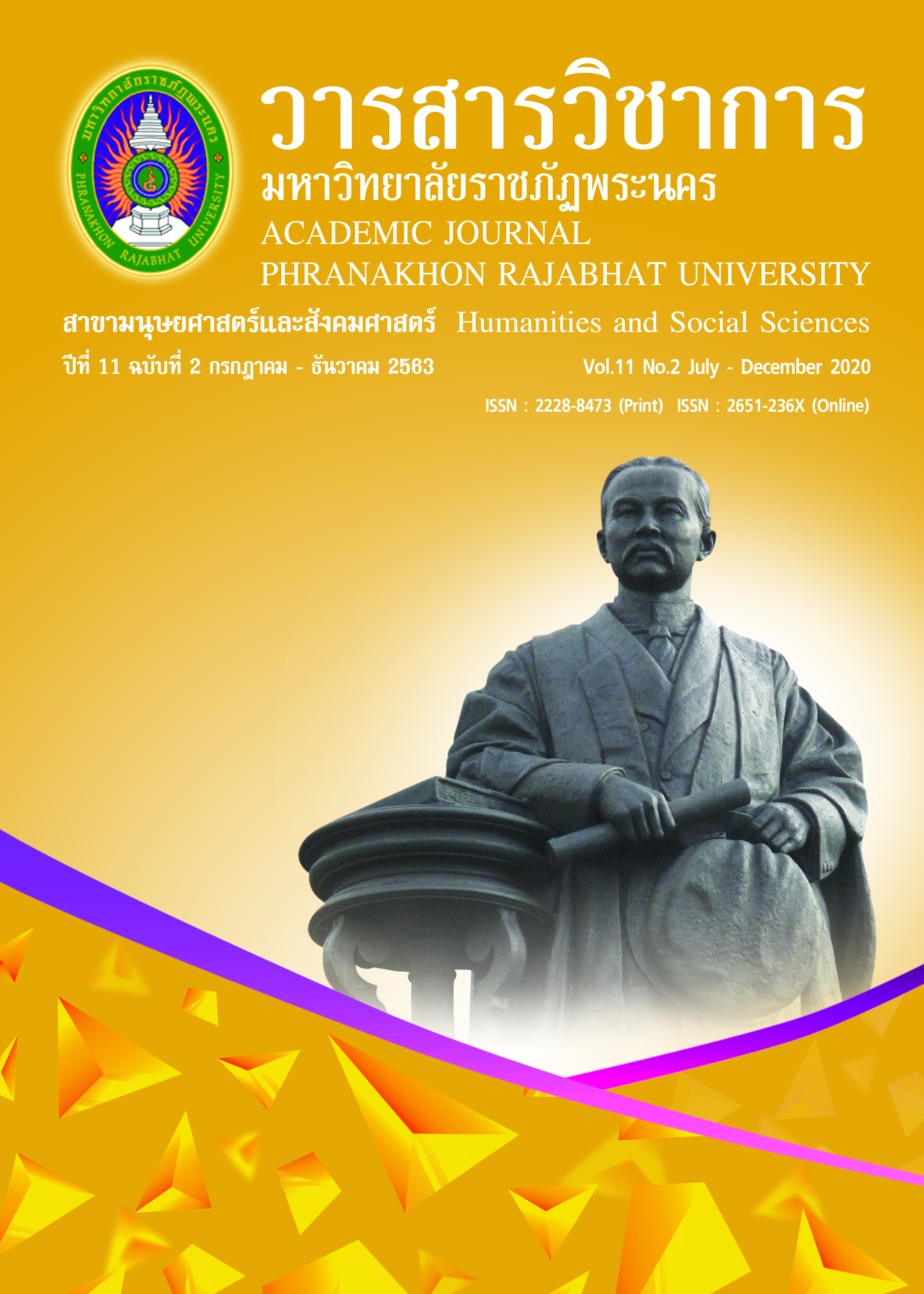EMPIRICAL STUDY ON THE IMPACT OF CUSTOMER TRUST AND CUSTOMER VALUE ON CUSTOMER CITIZENSHIP BEHAVIOR
Keywords:
Keywords: Customer Citizenship Behavior, Customer value, Customer trustAbstract
ABSTRACT
Taking the service industry as the research object, this thesis takes the travel agency team tour as the research background, constructs the structural equation model, studies the influence of customer trust on customer citizenship behavior, and studies the mediating role of customer value. The paper used street interception to collect 405 valid samples for research. The results show that in the service industry, customer trust has a significant direct positive impact on customer citizenship behavior. At the same time, the two dimensions of customer value, practical value and hedonic value, play a part of intermediary role in the significant positive impact of customer trust on customer citizenship behavior. Service enterprises should actively cultivate customer citizenship behavior, promote customer trust, and transfer appropriate value to customers in order to improve market competitiveness.
References
Bettencourt, L. A. (1997). Customer voluntary performance: Customers as partners in service delivery. Journal of retailing, 73(3), 383-406.
Chan, K. W., Yim, C. K., & Lam, S. S. (2010). Is customer participation in value creation a double-edged sword? Evidence from professional financial services across cultures. Journal of marketing, 74(3), 48-64.
Christian, G. (2001). Quo Vadis, Marketing? Toward a Relationship Marketing Paradigm. Marketing Review, (3),129-146.
Crosby, A. & kenneth, R. (1990). Relationship quality in service selling: an interpersonal influence perspective. Journal of marketing, (54), 54-82.
Dickson, P. R., & Sawyer, A. G. (1990). The price knowledge and search of supermarket shoppers. The Journal of Marketing, 42-53.
Groth, M. (2005). Customers as good soldiers: Examining citizenship behaviors in internet service deliveries. Journal of management, 31(1), 7-27.
Gruen, T. W. (1995). The outcome set of relationship marketing in consumer markets. International Business Review, 4(4), 447-469.
Kotler, P. (1994). Marketing management, analysis, planning, implementation, and control (8 Th Ed.), London: Prentice-Hall International.
Lagace, R. R., Dahlstrom, R. & Gassenheimer, J. B. (1991). The relevant of ethical salesperson behavior on relationship quality: the pharmaceutical industry. Journal of personal selling and sales management, 11(04), 39-47.
Wu, C., & Hsing, S. S. (2006). Less is more: How scarcity influences consumers’ value perceptions and purchase intents through mediating variables. Journal of American Academy of Business, 9(2), 125-132.
Yim, C. K., Chan, K. W., & Lam, S. S. (2012). Do customers and employees enjoy service participation? Synergistic effects of self-and other-efficacy. Journal of marketing, 76(6), 121-140.
Zeithaml, V. A. (1988). Consumer perceptions of price, quality, and value: a means-end model and synthesis of evidence. The Journal of marketing, 2-22.

Downloads
Published
How to Cite
Issue
Section
License
"บทความวิชาการในวารสารฉบับนี้ ถือเป็นความรับผิดชอบของผู้เขียนเท่านั้น"
สงวนลิขสิทธิ์ตามพระราชบัญญัติลิขสิทธิ์



